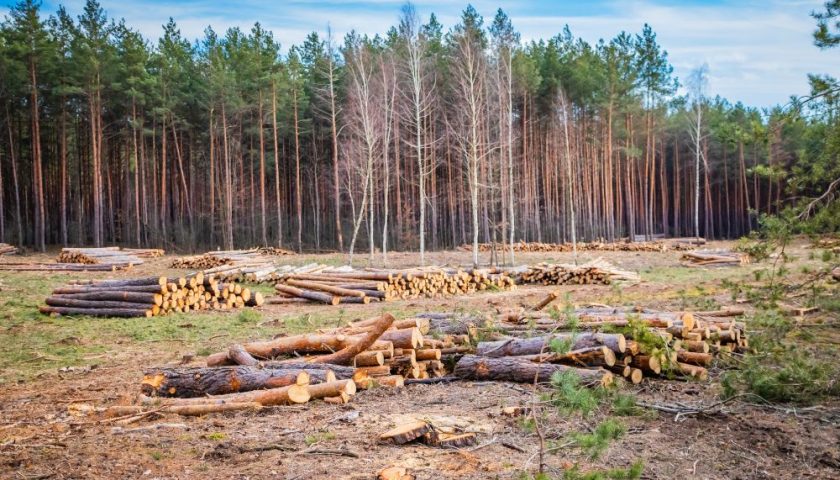The Green Valley Justice Court will begin traveling to two locations in September to prioritize more than 600 outstanding warrants that accrued during the COVID-19 pandemic.
The court covers a large area, serving communities from south of Tucson to the Mexico border including Green Valley, Sahuarita, Corona de Tucson, Arivaca, Amado and Sasabe.
During the tour, Judge Raymond Carroll will hold court in Corona de Tucson, 30 minutes south of Tucson, and then travel 54 miles south to Arivaca.
On Sept. 12, the court will take place in Corona de Tucson from 2 p.m. to 5 p.m. at the American Legion 15921 S. Houghton Road. The court’s second stop will be Sept. 19 in Arivaca at the 143-year-old historic schoolhouse at 17180 W. 4th Street from 3 p.m. to 6 p.m.
The travel court that will become a frequent occurrence, Carroll said.
“The people that we deal with are hard working, they are salt of the earth, and I want to make sure they are getting access to the justice they deserve,” Carroll said.
He also noted that this is a way for him to get out into the community.
“Sending out Orders to Show Case is not the same as going to their neighborhood, their community. They are part of this. It’s a huge precinct.”
Rural community’s loss: Green Valley’s only hospital closes amid financial woes
In many of these rural areas, he said, there are barriers to engaging with the court. A primary obstacle is transportation.
Public transportation is often limited or nonexistent in rural areas, and often, defendants might have a suspended driver’s license. To get from the farthest corners of the precinct, defendants would need to get a ride into town, which can be challenging.
Other barriers include lack of internet and telephone connectivity to attend a court hearing virtually, Carroll said.
Kristen Randall, the court administrator who spoke with The Arizona Republic in an interview and via email, said often internet connections are spotty, and even landlines are not always dependable. Additionally, some defendants do not have landlines or cellphones to call into their court hearings.
Mail is another issue. With court summons sent by mail, many people do not receive mail and have P.O. boxes. Not getting a court summons and showing up to the scheduled court hearing can make a smaller issue into a large problem.
“There’s a domino effect, it turns into a failure to appear, and then it turns to potentially a warrant with a $2,500 bond on it,” Randall said.
Fees and fines add up and people are afraid to go out, drive and interact with law enforcement, Randall said.
However, warrant issues can be easy to resolve “as long as the defendant is willing to start working with the court,” Randall said in an email to The Arizona Republic.
During the pandemic, Randall said the court noticed fewer people engaging with their cases than normal, and there was an increase in warrants, especially for warrants issued for failure to appear in court.
People either stopped working on their case, or never started during the pandemic, Randall said.
Lack of resources: Overturning Roe v. Wade brings challenges for women in rural Arizona
During the September travel court, the judge will work with people who have active warrants, need to reestablish a payment plan, or those who would like to apply for a marriage license, or who have general questions for the court. Walk-ins are welcome, according to a court news release.
“We will be offering warrant resolution and other services just hoping they will re-engage. The judge is good at working with folks in a really nonjudgmental manner,” Randall said, adding that they will work with people who have stopped payments on their “payment plan” and work to get them back on track.
She noted that the judge is often willing to waive some fines and fees to “just help folks out.”
Randall said people often do not deal with their outstanding court issue because they are afraid law enforcement will be called.
“We don’t do that. We are a separate branch of government,” she said.
Randall said she hopes the travel courts will help build trust in those far-reaching “off-the-grid communities” of residents who “generally want to be left alone” and often mistrust the government.
The news release says more travel courts are planned as the court’s precinct boundaries expand next year to include a portion of the Vail community.
In addition to its travel court, the Green Valley Justice Court will relaunch in October its night court program, which was suspended during the pandemic.
“After-hours court will help serve litigants who cannot make it to the courthouse during regular hours,” the news release said.
While the travel court is on the road, the Green Valley courthouse will reopen during normal business hours.





